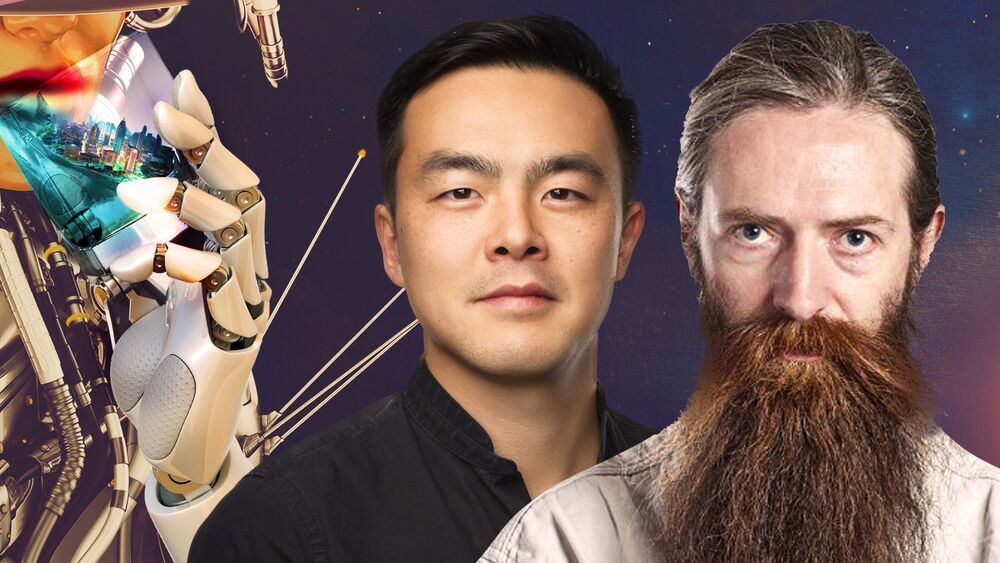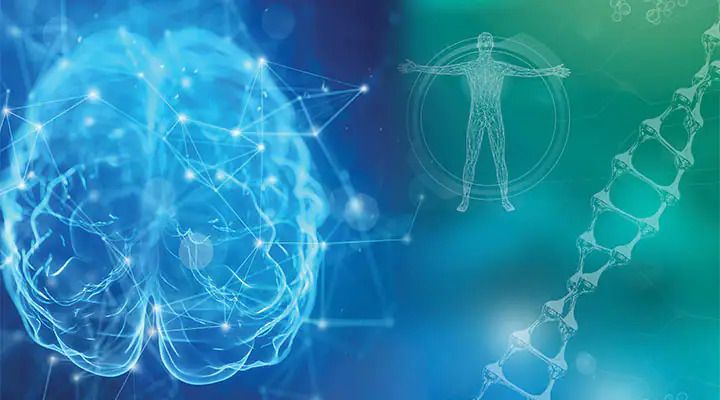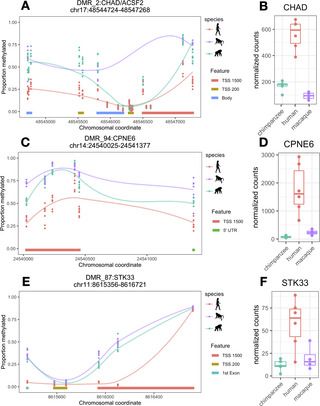Famed longevity pioneer Aubrey de Grey, Chief Science Officer of SENS Research Foundation, joins Geoffrey Woo, Founder and Chairman of Health Via Modern Nutrition Inc., for an enlightening conversation about advances in longevity, the investments and technologies that extend life, and the challenges and opportunities of a world in which people live longer. He walks us through his damage repair therapies with a focus on rejuvenation, prevention, and wearable technologies. Filmed on May 17, 2021. To continue the discussion with fellow Real Vision members on this interview, click here to visit the Exchange: https://rvtv.io/2T7nqZL
Key Learnings: Longevity escape velocity, which is a term de Grey coined, is the idea in which life expectancy is extended longer than the time that is passing, and he estimates a 50% chance that aging could be brought under medical control in as little as 15 years’ time. To learn more about SENS’ research and advancements, please visit their site here: https://www.sens.org/.



